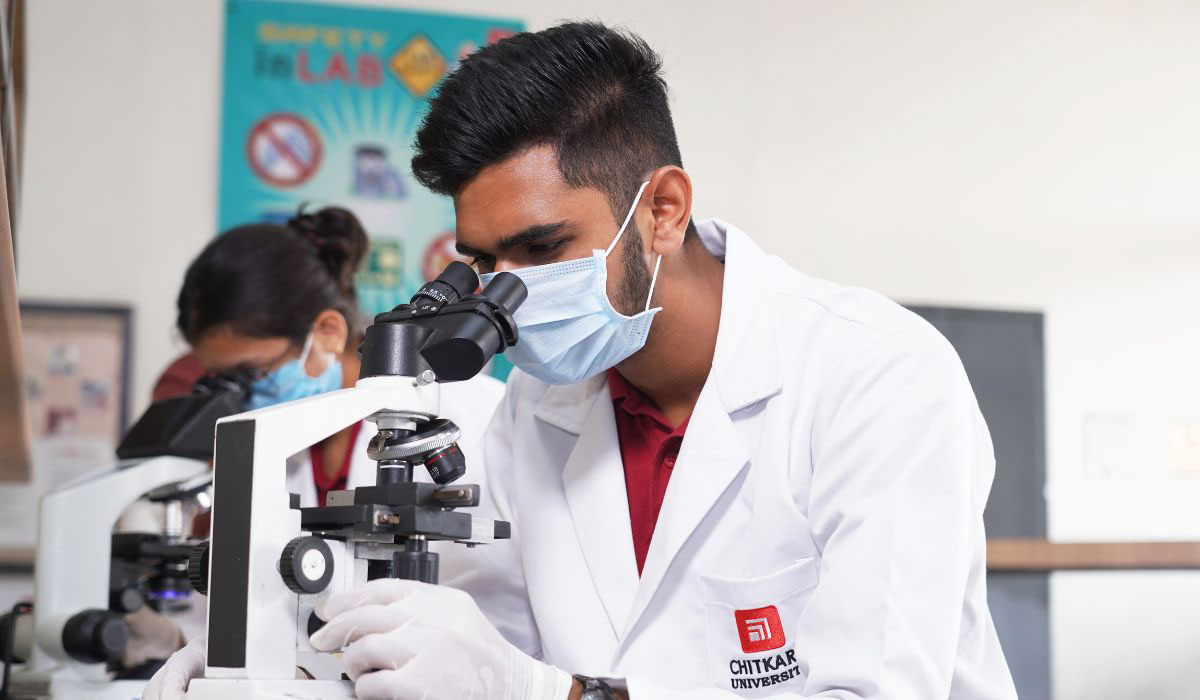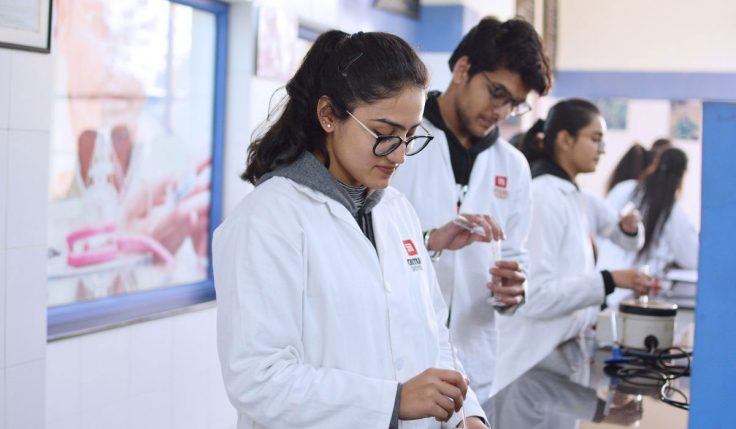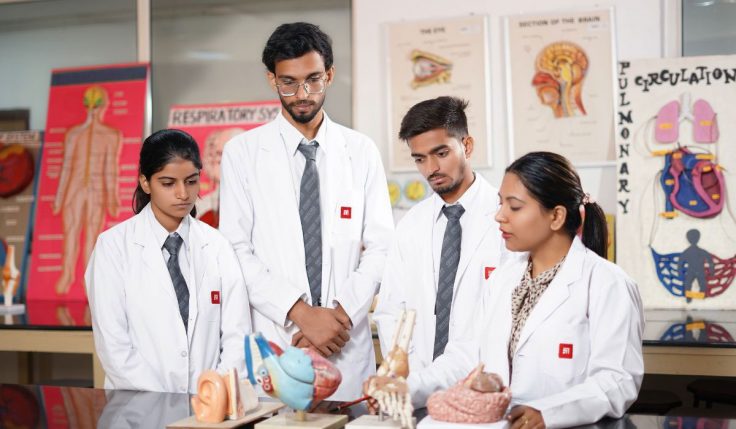To combat the COVID-19 outbreak, a lockdown was announced by the Indian government. Just like other fields, this sudden change ended up impacting the clinical Optometry fraternity across India.
As the COVID-19 pandemic kept spreading, there was also an apprehension to visit clinical facilities because fear was associated with the spread of a contagious and lethal disease. During the outbreak, delivering essential and comprehensive eye care services became a challenge in the pandemic.
The impact of COVID-19 changed many things for the Indian Optometrists and some of them are mentioned below.
Tele Eye-Health:
The rise of COVID-19 introduced tele-eye-health. While many clinical aspects proved suitable for telemedicine, there were many exceptions that also needed in-person consultations. For the purpose of Optometry consultations, some of these exceptions included prescribing spectacles, contact lenses, low vision aids, and performing ocular diagnostic procedures.
The growth of tele-eye health also helped in bridging the gap between the healthcare delivery system when it comes to Optometry. Let’s see how the spread of COVID-19 impacted the introduction of Optometry and tele-eye health practitioners.
Practicing Optometry:
The COVID-19 outbreak enabled all Optometry practitioners to follow necessary precautionary guidelines while greeting, examining, and performing procedures such as Retinoscopy and Slit Lamp examinations. The general rules of the pandemic were followed extensively when it came to comprehensive eye examinations.
Employers and institutes played an important role in investing in PPEs and creating more awareness among employees and patients for maintaining safety standards. Contact lenses were prescribed by an independent and hospital-based setup with safety measures emphasized to the patients.
In addition, there was the incorporation of teleconsultation in hospitals as independent practitioners were more encouraging specifically when it is likely to be adapted in the future to deliver the quality of eye-case services to regions that were not accessible.
Tracking teleconsultation and access to patient information from electronic records was also found to be effective in patient management during COVID-19. The use of teleconsultation practices has been seen as being accepted by both independent practitioners and hospitals.
Also, read this blog post: The Growth Of Allied Healthcare As A Profession Post COVID
Online Education Increased the Need For Optometrists:
COVID-19 played the role of a constructive disruptor in moving from classroom education to online education. As a result, students were exposed to digital devices extensively for consuming content and that led to an increasing number of students safeguarding their eyes.
There was a requirement for students to safeguard their eyes from prolonged exposure to digital screens when responding to the comfort of adapting and coping with changes in education delivery. Hence, this led to an increase in Optometry checkups.
After the pandemic, a vast number of students are now more protective of their eyes and want to ensure that they get to protect their eyes. Protecting eyes from common problems will become a norm for the future as educators will keep preferring online education as a method to impart theory which will further lead to a demand for qualified Optometry professionals.
Hence, if you have always been thinking of becoming an optometry professional then this is the right time because right now the demand for Optometry professionals is rising. COVID-19 has changed the scenario of eye checkups and treatment in the country.
Bachelor of Optometry By Chitkara:
The quality of Optometry study programs improved significantly. Chitkara School of Health Sciences initiated a four-year Bachelor of Optometry with a training methodology that offers integrated inputs that help to develop a high degree of conceptual skills, analytical skills, and a quality technical knowledge base. The study program has been preparing students for a bright future in the eye-care industry.
Chitkara School of Health Sciences has come up with a four-year full-time program in the field of Optometry which deals with the examination, diagnosis, treatment, and management of diseases, and disorders of the visual system. The program is designed to educate and train capable Ophthalmic manpower at the paramedical level. It enables students to become competent professionals in offering services at the Tertiary eye care center, especially eye clinics such as Low Vision Clinics, Orthoptic Clinics, Contact Lenses Clinics, Optical Outlets, etc.
The training methodology of the program offers students with integrated inputs that can help in developing conceptual and analytical skills along with a strong technical knowledge base for preparing them for a bright future in the eye care sector of the Healthcare industry.
Conclusion:
The pandemic affected the profession of Optometry in many ways as the practitioners adapted to the pandemic and took necessary precautions while dealing with patients.
The profession has grown considerably in the present day and promises professional success in the future. Chitkara School of Health Sciences offers a Bachelor of Optometry program which provides integrated input to develop a high degree of skills and knowledge in students.
If you have always been interested in pursuing a career in the field of Optometry then enroll for this course today and gain the academic knowledge required to become a successful Optometrist, today.






